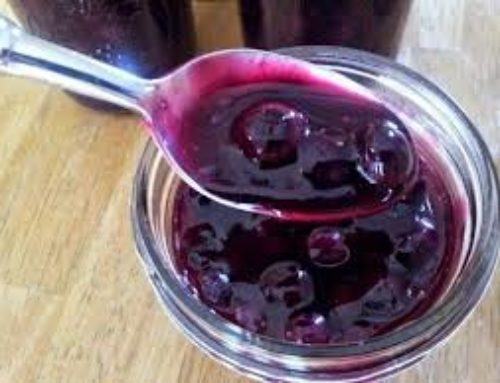That red stuff you can’t live without !
I bet you though that Ketchup has been around for a long long time, your
right ! But not the red ketchup we Americans love so much.
Ketchup also spelled catsup or catchup, have many other names in
different areas and cultures, tomato ketchup, tomato sauce, red sauce,
Tommy sauce, Tommy K or dead horse. Before we talk about why
people love ketchup so much lets look at its history. Historians say that
ketchup dates back to 1600 AD when sailors traveling to China
discovered a sauce made of soy and oysters called “ketsiap”. This new
found sauce was brought back to Europe and many variations were
created and ketchup became a general term for “sauce. Many new
ingredients were used, such as mushrooms, anchovies, shallots, fish brine
with herbs and spices. Other popular ingredients in the early years of
ketchup were blueberries, oysters, lobster, walnuts, kidney beans,
cucumbers, cranberries, lemon, celery and grapes. In the 1700’s tomato
ketchup appeared in Nova Scotia and the transformation to today’s sweet
tomato version began. A farmer named Jonas Yerks is credited for being
the first person to make tomato ketchup a national phenomenon. By 1837
Mr. Yerks had produced and distributed the condiment nationwide. With
Americans enthusiasm for tomatoes, ketchup was a well received and
prized product. Many companies jumped on this popularity and in 1876
F. & J. Heniz launched their version of this red sauce. Early ketchups
were watery and high in vinegar, due to the fact that unripe tomatoes
were low in pectin (natural thickener in ripe vegetables). A preservative
called sodium benzoate was used in early ketchups and other condiments
to help with their shelf life. In the early 20th century scientist debated the
health effects and the industry created a method of removing the
preservative by pickling ripe tomatoes that resulted in a thicker, richer
sauce and making it a dominant American condiment. I heard a report
on TV a few years ago that there is proven research that a person can
have an addiction to ketchup. I could not find any information to back
this up in my research. But I find this next information the most
interesting of all my research. Until Heinz, most commercial ketchups
appealed to two of the basic tastes bitter & saltiness. But with the
switch to ripe tomatoes and more tomato solids added a stronger umami
taste, and the major increase in the concentration of vinegar added
sourness to the range of sensations experienced during its consumption.
The elimination of benzoate was accompanied by a doubling of
ketchup’s sweetness and a balanced stimulation of all four types of taste
sensations resulted. In simple terms that even this chef can understand:
consuming ketchup gives a taste sensation that makes it irresistible.
FOR THE HEALTH OF IT
Some nutritionist believe that ketchup should be used very moderately
because of the high salt & sugar content. Research does show that
ketchup can be a beneficial source of lycopene, an antioxidant which
may help prevent some forms of cancer. This is particularly true of the
organic brands of ketchup. In fact, organic brands were found to contain
three times as much lycopene as non-organic brands. www.wikipedia.org


Leave A Comment